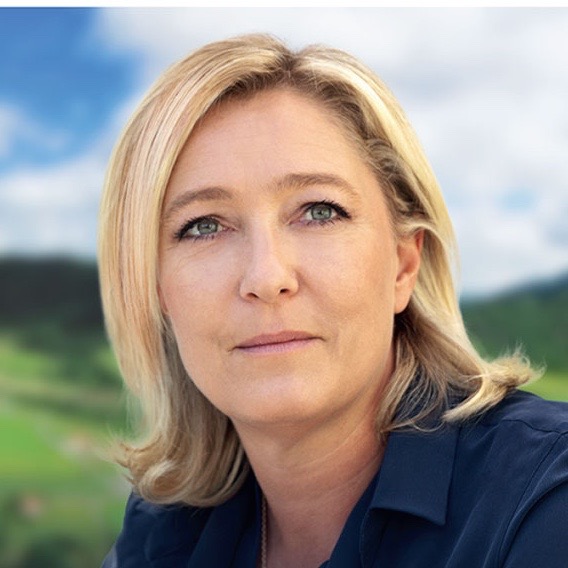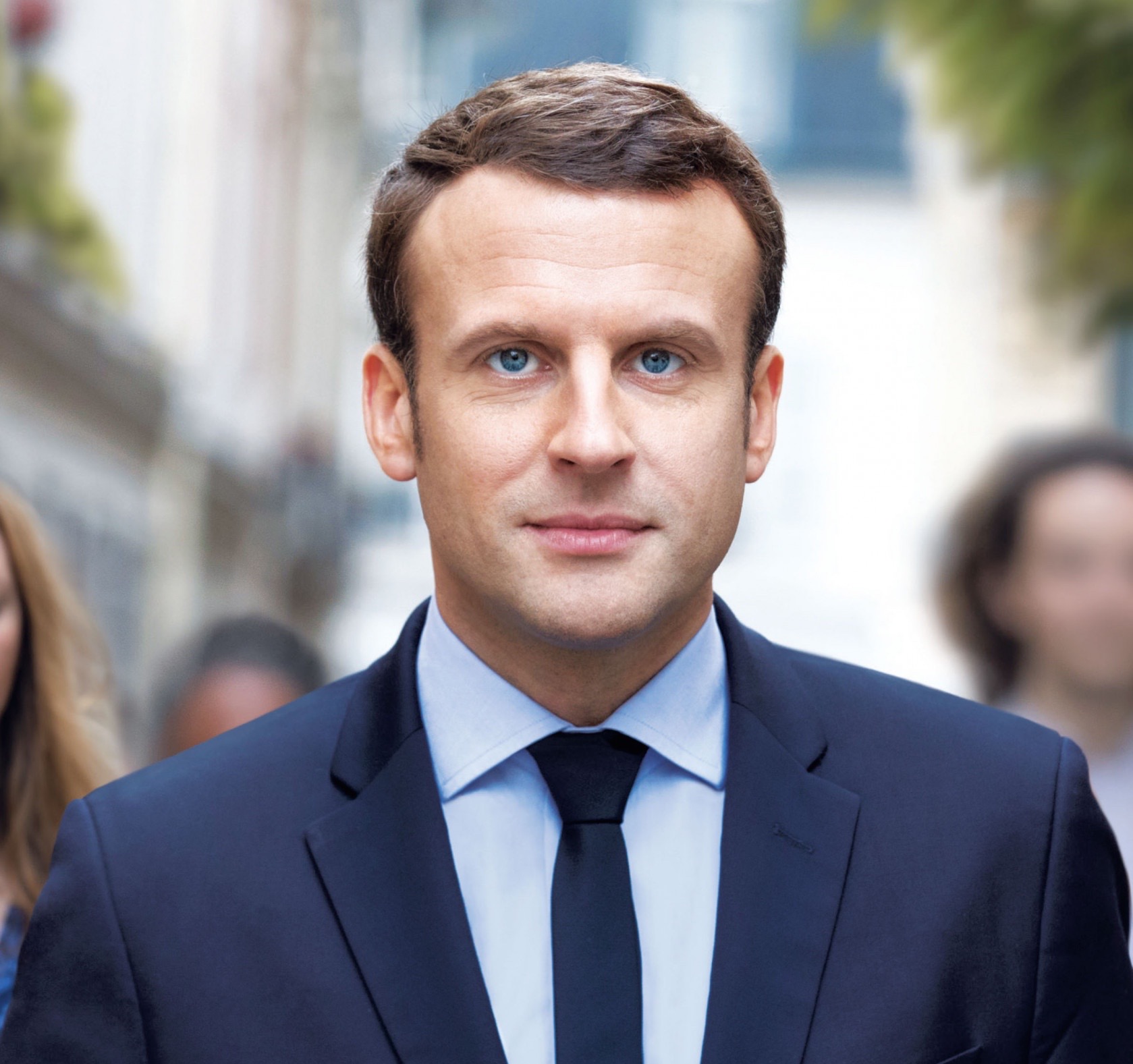This year, presidential candidates Emmanuel Macron and Marine Le Pen are disrupting the French political scene. Voters fed up with mainstream parties have rejected conventional candidates who have failed to jump start France’s economy and reduce high unemployment rates. On May 7, the French will head to the polls to choose the next president of France and a new direction for the country.
Current president François Hollande's failure to deliver on his campaign promise to curb high unemployment rates has left voters disenchanted with his Socialist government. While unemployment levels had been climbing in the country for years, the number rose to over ten percent under Hollande's mandate, its highest rate since 1997. Hollande’s struggle to improve France’s economy saw his approval ratings dip to four percent, the lowest level of any French president in recent history. In the face of an uncertain primary election within his own divided party, Hollande announced he would not run for reelection.
Voter disillusion with the left and corruption scandals on the right saw Le Pen and Macron emerge as frontrunners in a race between 11 candidates, each representing different political parties. Macron’s youth has attracted voters in large cities, while Le Pen’s revolutionary rhetoric has gained support in populist circles in industrial areas.
The Nationalist

While Le Pen’s National Front party has existed since the 1970’s, her anti-immigration and anti-European Union policies are a departure from French political norms. The far-right party has attracted voters frustrated with France’s high unemployment rates and a promise to pull France from the EU. Le Pen wants to slash immigration by eighty percent, which would allow just 10,000 people into France per year. She has also promised to tax employers who hire foreign workers to discourage the practice. Le Pen said that under her leadership, France would withdraw from NATO and raise the defense budget from 1.8 percent to 3 percent of the country’s GDP to keep their borders safe.
The Centrist

Macron has built a following around his newly created En Marche ! party and his youth. After getting a start in politics as Hollande's economic advisor and Economy Minister, Macron resigned last year to launch is centrist movement with a promise to get beyond party politics to improve France’s economy and security. Macron has promised to overhaul the complicated French labor code as a way to improve employment. He has also campaigned to strengthen ties with Germany and the European Union and stand up to world leaders like US president Donald Trump and Russian president Vladimir Putin. Followers of the 39-year old technocrat say that his youth is an asset because Macron is too young to have been corrupted by French politics, while opponents criticize the former banker's close relationship with France's economic and media elite.
How it works
French elections are decided by a two-round system. In the first round, voters choose between an unlimited number of candidates representing different political parties. If no candidate earns an absolute majority of fifty percent of votes, the two representatives with the highest scores go on to the second round of voting. This year, Macron and Le Pen emerged with the two highest scores (23.8% and 21.5%, respectively) and have qualified for the second and final round of voting to take place on May 7. The infographic below shows intention to vote for each candidate since the first round of voting on April 23.
French Intention to Vote
What's at stake
Sunday’s vote will determine the fate of the European Union and test Europe’s endurance against the tide of populism that has swept across the globe. Since Britain voted in a referendum to leave the European Union, the future of the European project has been called into question. Without the UK, Germany and France are left to shore up the institution. If Le Pen is elected, her promise to pull France from the EU could destabilize the project. Macron, on the other hand, wants to strengthen France's relationship with Europe and Germany.
The election will also decide France's future strategy to combat its stagnant economy. Le Pen has said that her cuts to immigration and a French exit from the EU would pay for tax cuts and increased welfare benefits for the French working class. Macron plans to attract businesses to the country by reforming France's complex labor code and cutting taxes on companies and workers. He plans to cut public spending to the tune of 60 billion euros over his five year mandate. The technocrat has also promised to invest 50 billion euros in agriculture, environment and infrastructure while keeping France's deficit below the EU's three percent threshold.